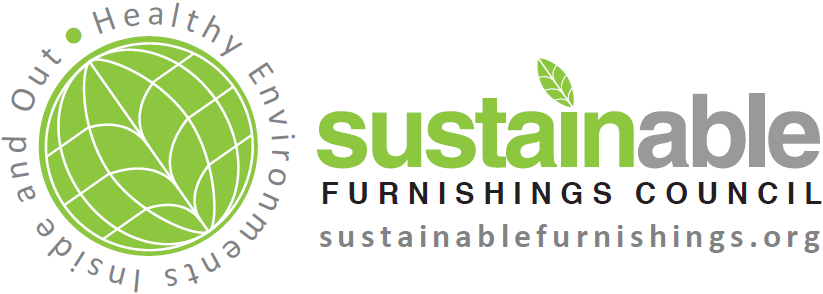
You are here
Fermob
Best Practice Achievements
2019: Optimizing energy consumption remains one of Fermob’s key concerns, as regularly demonstrated through concrete action such as regular reductions in the temperature of our paint ovens (-50°F in 25 years), using low consumption baking (-10%) and investing in a new painting line, saving 8 tons of powder per year.
2017: Fermob was honored to be the fourth manufacturer to earn Gold Exemplary Recognition by SFC for its deep environmental commitment and exemplary implementation of a range of best practices and achievements for sustainability.
Since January 2017, Fermob eliminated industrial water release.
Fermob participates in the Eco-Emballages (“Eco-Packaging”) program which is designed to minimize waste in packaging, and as an example, cardboard use has been minimized - supplies are shipped using reusable metal racks when possible.
Since June 2016, fumes from the paint oven are captured and reused to heat the oven.
2015: Changing lights to LED in our new showroom.
Since 2009, we've maintained ISO 14 001 certification of our production site. Fermob has been recognized for all efforts towards sustainable development. This certification requires an annual audit renewal every three years.
Most Fermob products are made of steel or aluminum and 98% of all iron and aluminum is now recycled worldwide.
Fermob only uses wood that is PEFC Certified. No PBDE foams are used in cushions.
The powder paints used by Fermob contain no solvents. They are 100% recycled and recyclable. They are applied in a zero-waste facility, with multiple successive steps for guaranteed outdoor use.
Fermob selects only the most rigorous suppliers in terms of sustainable development for Outdoor Technical Fabrics (OTF). Ferrari, a French manufacturer and the main OTF supplier, has committed itself to a unique, patented recycling process – Texyloop® – which guarantees that 100% of the fabric constituents are recycled. This approach means that OTF off-cuts are salvaged and recycled and fabrics are recycled when they reach the end of their lifespan.
2015: Investigating textile sourcing and sustainability of fabrics. All metals remain recycled and all woods remain carefully monitored.
2019: We are sponsoring a portion of the SFC Market Guide to Green, for the High Point Market, Oct. 2019. We are donating furniture for use in the SFC booth.
2017: Annual meetings are held with staff to train and reinforce activities to reduce environmental impact.
2015: Improving communication about reuse policies; participating in trade event to educate staff and customers; communicating via social media about our commitment to sustainability.

